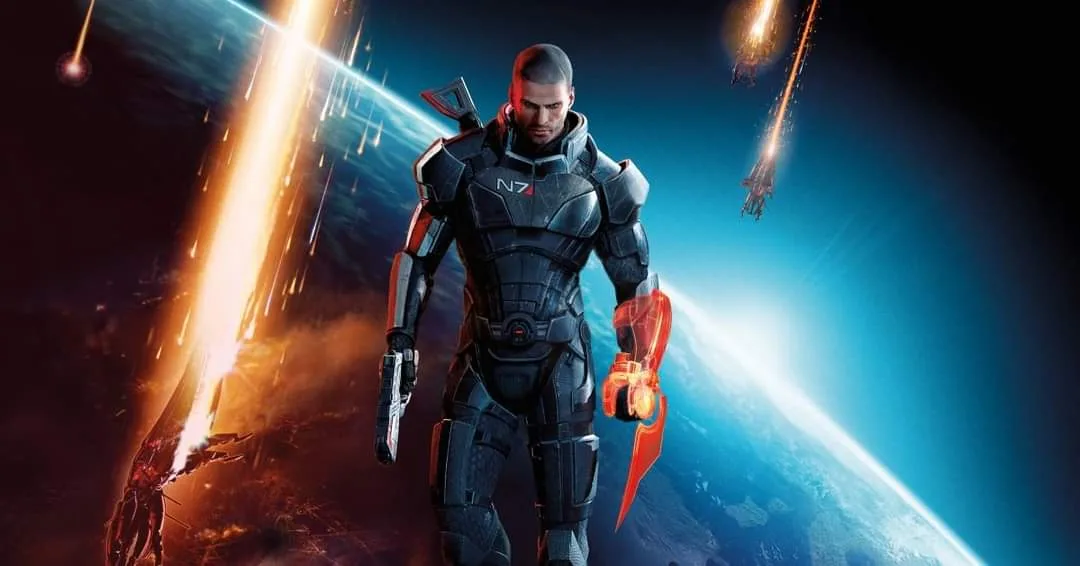A Journey into Memory… The Illusion of Choice in Mass Effect

The one thing I look forward to most in any RPG is having story choices that feel impactful and challenging throughout the game, not just at the end. I want those choices to lead to different outcomes and truly affect the journey as I play.
I love the Mass Effect series and have completed all the games, but honestly, it has this aspect I don’t enjoy. I call it the “illusion of different outcomes,” especially in Mass Effect 2, which many people love for its choices that affect the final mission (the Suicide Mission).
The problem is when all my choices only show their consequences during the final mission. This feels a lot like Telltale games—where’s the spirit of adventure in that? I want to see the results of my actions early on, not wait until the end for the game to tell me, “Hey, remember that choice you made at the start?”
Take games like The Witcher 2, Fallout: New Vegas, or Fable 2 as examples. In Fable 2, there’s a simple mission early in the game where you choose to help a merchant or a bandit. If you help the merchant, the village you visit grows, its people are happy, and new shops open, but there are guards everywhere. If you help the bandit, the village becomes poor, full of thieves, and without guards.
This is what I want to see during my journey—moral choices that have different, visible outcomes throughout the game, not just at the end.
Even in Mass Effect 2, the endings are tied to whether your squadmates live or die, not to major plot differences. And if you complete the loyalty missions, no one dies in the final mission. So where’s the impact of those choices? This is why I find it odd when people criticize Mass Effect: Andromeda for its choices. Were the earlier games really that much stronger in terms of choice-driven outcomes? Let’s not even mention Mass Effect 3’s controversial ending.
Don’t get me wrong, Mass Effect is an excellent series and one of my favorites due to its story, gameplay, lore, and massive world, which rivals Star Wars. That’s why the first game is my favorite—it had the best story in my opinion, and the conversation with Sovereign remains one of my top gaming moments.
But I’m specifically talking about a feature that only a few games, like the three mentioned above, truly execute well. We could also add Divinity to that list. I hope to see this feature—choices with meaningful and visible consequences—implemented in more RPGs in the future.

